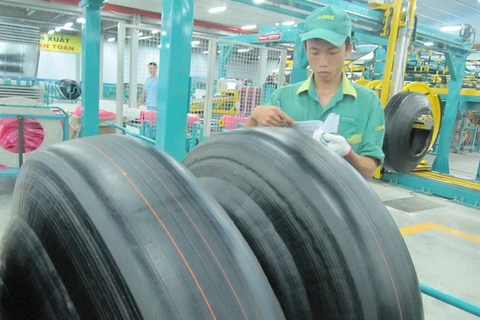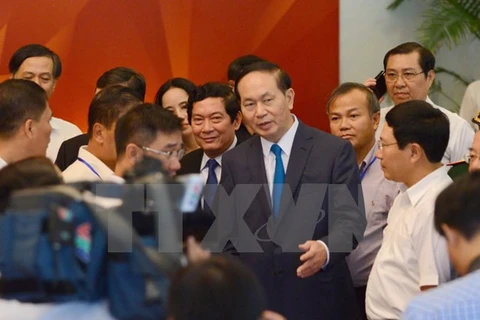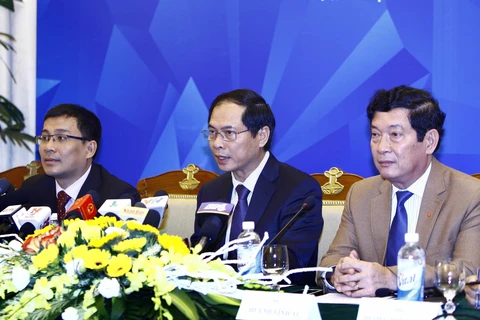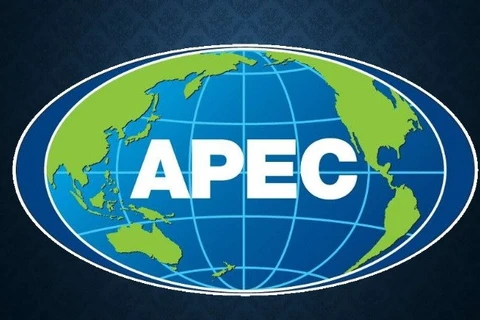Hanoi, (VNA) – The Asia-Pacific Economic Cooperation (APEC) forum can adapt to complex trading environments since the organisation is a purely voluntary and flexible pact, said Executive Director Alan Bollard in a recent interview with China’s Xinhua News Agency.
APEC, with less than half of the world's population, accounts for more than half of the world's GDP, the economist noted ahead of the organisation's next summit to be held in the central city of Da Nang, Vietnam.
Grouping 21 different economies together and joining them up around the Pacific rim, APEC has advantages over some legally binding institutional arrangements. If they disagree on something, then a pathfinder group of economies can try to work things out, noted the executive director.
By bringing together the world's top two economies, namely the United States and China, and some other much smaller ones, APEC can take advantage of what different economies can do best, he said, pointing out the fact that the bloc has helped drive economic growth and improve living standards in the region.
Connectivity is one of the four priorities Vietnam has outlined for the upcoming APEC summit on food security and climate change.
According to Bollard, given the fact the majority of APEC population live very close to the coastal and river deltas and very subject to climatic changes, therefore, the bloc needs to be very careful about any effects of big climatic events. Moreover, there's a lot of food waste due to inadequate transport or storage facilities, and poor connectivity.
Concerning priority topics involving modernizing small and medium-sized enterprises (SMEs) through the digital economy, the APEC Executive Director noted that China and the United States have set examples in that direction, with China now leading in mobile-based e-commerce and the United States on laptop-based e-commerce.
Revitalising SMEs through e-commerce has got the potential to "help develop a revolution in APEC,” he said, adding that many supply chains are now making it possible to guarantee quality, finance, payments and market access for small businesses.
As for the Bogor Goals, set in Indonesia in 1994 to achieve free and open trade amongst developed economies by 2010 and developing economies by 2020, he admitted that advancements have been good in some areas and slower in others.
While 2020 is fast approaching, Bollard said APEC would decide whether or not to work toward achieving the Bogor Goals after 2020 or look for a new direction.-VNA
VNA

























